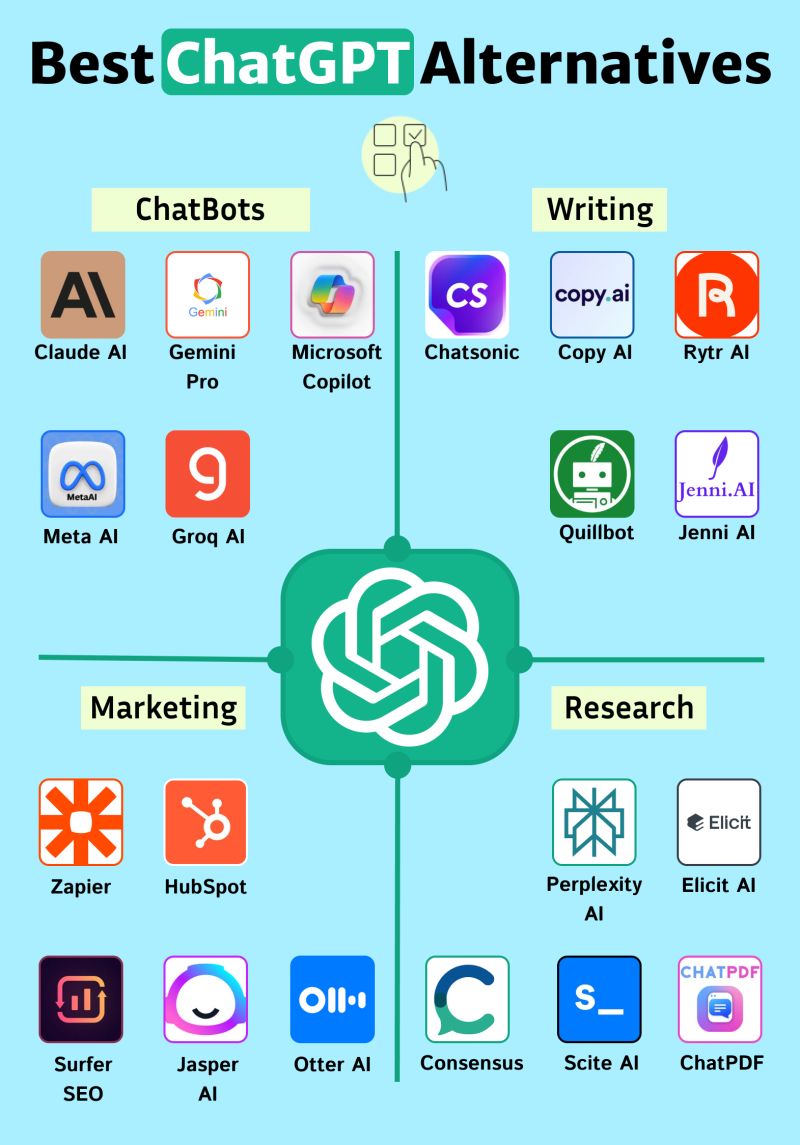Are you a Gen Z struggling with mental health?
Gen Z, born roughly between the mid-1990s and the mid-2010s, has come of age in a world unlike any before it. They are digital natives, constantly connected through social media, yet facing unprecedented anxieties about climate change, social justice, and a globalized world. This hyper-connected existence fosters a strong sense of community and a drive for change, but it can also create a pressure to present a perfect online persona, masking the mental health struggles many face.
However, by embracing vulnerability and sharing their experiences, Gen Z has the power to destigmatize mental health and build a future where prioritizing well-being is the norm.
The Burden of a Filtered Reality
Social media, often touted as a tool for connection, can be a breeding ground for comparison and insecurity. Carefully curated feeds showcase highlight reels of seemingly flawless lives, fueling a sense of inadequacy and anxiety about not being “good enough.” Likes and comments become validation, perpetuating a cycle of seeking approval and feeling discouraged when expectations fall short. This relentless pursuit of online perfection takes a significant toll on mental health, creating a generation hesitant to acknowledge their struggles in a world that seems to thrive on picture-perfect presentations.
Related:
Breaking the Silence: Why Sharing Matters
The silence surrounding mental health is detrimental, fostering a sense of isolation and preventing individuals from seeking the support they need. By embracing vulnerability and sharing their experiences, Gen Z can be the generation that breaks this cycle. Here’s how:
- Normalization: When mental health struggles are openly discussed, they become normalized. Sharing personal stories helps others realize they’re not alone, that seeking help is a sign of strength, not weakness. This normalizes the conversation and removes the stigma associated with mental illness.
- Destigmatization: Open conversation is crucial for breaking down the stigma surrounding mental health. The more Gen Z talks about these issues, the more accepting and supportive society becomes. Seeking help for mental health challenges can then become as commonplace as seeking treatment for physical ailments.
- Building Connections: Vulnerability fosters genuine connections. It allows others to see you as a whole person, struggles and all, and creates a space for open communication and support. Sharing experiences fosters empathy and understanding, creating a community where individuals feel comfortable seeking help and offering support.
- Sparking Change: Sharing personal stories can inspire others to seek help and advocate for change. By raising awareness about mental health struggles and the need for better support systems, Gen Z can push for increased resources in schools, workplaces, and communities.
Platforms for Vulnerability: Sharing Responsibly
While social media can contribute to the pressure for perfection, it can also be a powerful tool for vulnerability. Here’s how Gen Z can leverage social media platforms to open up about mental health:
- Authentic Posting: Go beyond the curated façade and share your genuine experiences. Discuss feelings of anxiety, depression, or other mental health challenges openly. This honesty can resonate with others and encourage open dialogue.
- Targeted Platforms: Seek out social media communities specifically focused on mental health awareness and support. Sharing your story with these communities can connect you with others who understand your struggles and provide a safe space for encouragement and advice.
- Creative Expression: Explore creative outlets like art, music, or writing to express your emotions and experiences. This can be a powerful way to connect with others on a deeper level, as well as a therapeutic tool for processing your own struggles.
Sharing Responsibly: Setting Boundaries and Promoting Hope
Sharing openly is important, but it’s vital to do so responsibly:
- Boundaries: Set boundaries about what you feel comfortable sharing publicly. Some experiences may be best kept private. This allows you to manage the level of vulnerability you express online.
- Positivity: When sharing your story, focus on promoting help-seeking behavior and a sense of hope. Discuss strategies that have helped you manage your struggles and encourage others to seek support.
- Trigger Warnings: If you’re discussing specific mental health challenges, consider using trigger warnings to alert others who might be sensitive to the topic. This allows people to make informed decisions about their exposure to potentially triggering content.
- Positive Role Models: Seek out Gen Z influencers who openly discuss mental health struggles and promote self-care. These role models can provide inspiration and guidance for navigating your own journey with mental health.
The Road Ahead: Challenges and Opportunities
- Embracing vulnerability is a powerful tool, but it’s not without its challenges. Cyberbullying and negativity online can deter some from sharing their experiences. Furthermore, navigating judgmental social circles or unsupportive family environments can be daunting. However, Gen Z’s resilience is evident in their determination to create a more open and accepting environment.
- The path forward involves fostering a culture of empathy and understanding. Educational institutions have the power to break down the stigma by integrating mental health education into curriculums. Additionally, creating safe spaces for students to discuss their struggles can be instrumental in promoting well-being. Employers can contribute by fostering work-life balance and offering mental health resources to their employees.
In conclusion
Gen Z’s embrace of vulnerability is not just a trend; it’s a cultural shift with the potential to create lasting change. By normalizing conversations about mental health, Gen Z is breaking down the barriers that have kept individuals from seeking help for so long. This willingness to be vulnerable paves the way for a future where mental health is prioritized, resources are readily available, and everyone feels comfortable seeking the support they need to thrive. The power of Gen Z’s vulnerability lies in its ability to create a ripple effect, fostering a more compassionate and supportive world for all.



